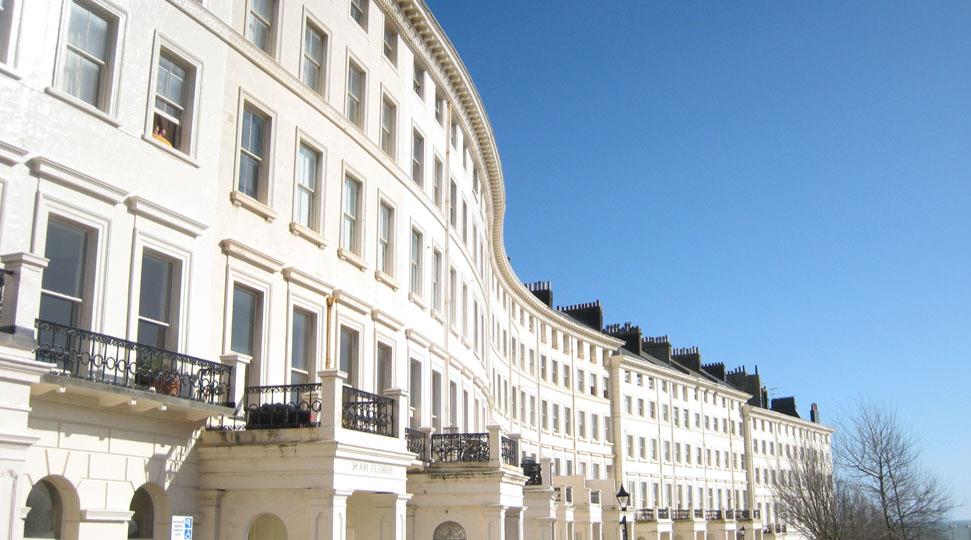Average house prices have fallen for a fourth month in a row, according to the building society Nationwide.
But they still remain higher than they were a year ago, Nationwide said today (Friday 30 December).
The building society’s regular survey found that average fourth-quarter prices in the “outer south east” – including Brighton and Hove – were 4.3 per cent higher than in the same three months last year.
It said that the average price during the quarter was £344,027 in the outer south east, with lower increases in London and Scotland only.
The month-on-month drop in prices was Britain’s longest run of decreases since the 2008 financial crisis, Nationwide found, although the dip in December was less rapid than in recent months.
The average price of the houses that were sold during the month fell 0.1 per cent, the building society said.
It was the fourth month in a row that prices had dropped month-on-month and meant that December house prices were now just 2.8 per cent higher than 12 months ago.
Nationwide said that the average home sold for £262,068 during December, down by a little over £1,700 compared with November.
Nationwide’s chief economist Robert Gardner said: “December saw a further sharp slowdown in annual house price growth to 2.8 per cent, from 4.4 per cent in November.
“Prices fell by 0.1 per cent month-on-month – a much smaller decline than in the previous couple of months.
“However, December also marked the fourth consecutive monthly price fall – the worst run since 2008, which left prices 2.5 per cent lower than their August peak.”
Mr Gardner said that there was some reason for potential sellers to be optimistic looking into the new year.
Interest rates on home loans were easing back from the high levels that they reached after the mini-budget in September.
Meanwhile, wages were growing fairly rapidly – at about 7 per cent – so people might be able to spend more on their homes, he said. However, those pay rises were still lower than inflation.
He said: “The main factor that would help achieve a relatively soft landing (especially for house prices) is if forced selling can be avoided – and there are good reasons to be optimistic on that front.
“Most forecasters expect the unemployment rate to rise towards 5 per cent in the years ahead – a significant increase – but this would still be low by historic standards.”
“Moreover, household balance sheets remain in good shape with significant protection from higher borrowing costs, at least for a period, with around 85 per cent of mortgage balances on fixed interest rates.”







